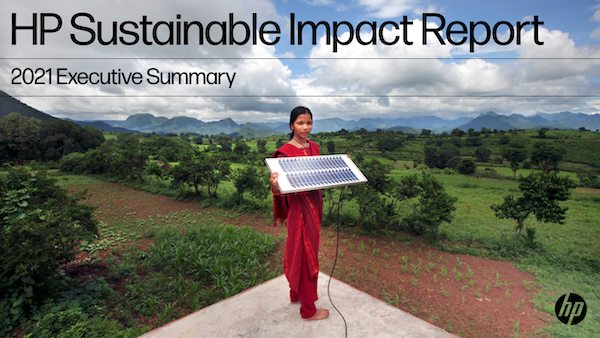Driving Accountability in the Race Against Climate Change
Originally published on GreenBiz
For stakeholders to assess and compare the risks and opportunities of companies operating amid intensifying threats of climate change, there must be measures of accountability underpinned by transparent, standardized reporting.
The regulatory regime is quickly evolving around the world as investors, customers, employees and other stakeholders increasingly demand this higher degree of corporate transparency. For example, the EU’s proposed Corporate Sustainability Reporting Directive would give "comparable status" to sustainability and financial reporting. In the U.S., the Securities and Exchange Commission’s (SEC) proposed climate disclosures would require disclosure about material financial risk posed by climate change, assured greenhouse gas (GHG) emissions and more.
These emerging regulations can be important levers in holding companies accountable for helping address the threats of climate change. They are especially relevant in understanding the totality of emissions that are upstream and downstream in a company’s value chain (known as Scope 3 emissions).
By their nature, Scope 3 emissions are significantly harder to measure and disclose reliably, often making their reporting less transparent and comparable. This matters because they are often, by far, the largest part of a company’s total footprint.
HP strongly supports greater transparency and standardization to provide investors with consistent, comparable and reliable climate-related disclosures. Standardization isn’t just important for transparency about a company’s risks — at HP, we also see a role for standards that facilitate the reporting of opportunities for innovation, transformation and market entry presented by the low-carbon transition. We believe this would give interested stakeholders a fuller understanding of a company’s total climate exposure and resilience — as well as its potential for growth.
We also want to see new standards leverage existing robust and accepted frameworks, such as those provided by the Task Force on Climate-Related Financial Disclosures (TCFD) and the Sustainability Accounting Standards Board (SASB).




